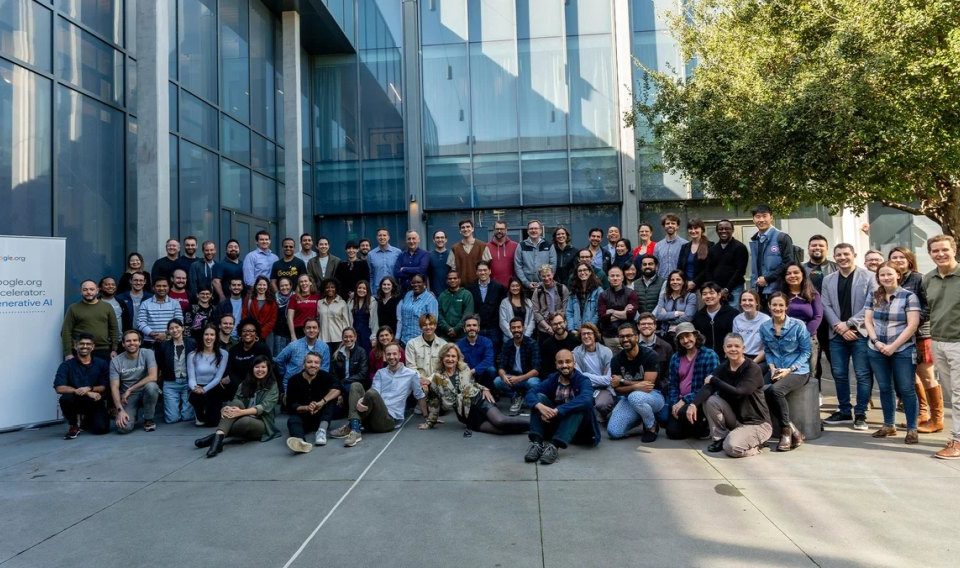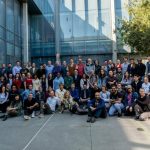Google.org launches generative AI accelerator program with $20 million in funding for 21 nonprofits

Google.org, the philanthropic arm of Google, today announced the launch of the Google.org Accelerator: Generative AI, a dynamic six-month program designed to bolster nonprofits engaged in pioneering applications of generative AI. The initiative comes hand in hand with a substantial $20 million funding commitment dispersed across the participating projects.
The inaugural cohort boasts 21 diverse organizations concentrated on critical realms such as climate action, economic empowerment, healthcare accessibility, education enhancement, and crisis management. Beyond financial backing, beneficiaries of this intensive six-week accelerator regimen will gain access to a rich array of resources including specialized technical training, immersive workshops, seasoned mentors, and pro bono assistance from a dedicated AI mentor.
In a blog post, Google said, “Through the Google.org Fellowship, teams of Googlers will also work with three of these nonprofits — Tarjimly, Benefits Data Trust, and mRelief — full-time for up to six months to help them build their proposed generative AI tools.”
Tarjimly’s mission revolves around leveraging AI to facilitate language translation services for refugees, while Benefits Data Trust endeavors to harness AI capabilities in crafting virtual aides to bolster caseworkers in aiding low-income individuals navigate public benefits enrollment processes. Meanwhile, mRelief is in the process of developing a tool aimed at streamlining the application process for U.S. SNAP benefits.
Annie Lewin, Director of Global Advocacy at Google.org, also added in a blog post, “Generative AI can help social impact teams be more productive, creative, and effective in serving their communities. Google.org funding recipients report that AI helps them achieve their goals in one-third of the time at nearly half the cost.”
However, notwithstanding the potential benefits, a recent survey conducted by Google.org unveiled a significant gap: while four out of five nonprofits recognize the potential applicability of generative AI to their operations, nearly half confessed to not currently employing this technology. The reasons cited include a dearth of suitable tools, limited awareness, inadequate training, and insufficient funding — highlighting critical barriers to widespread adoption within the nonprofit sector.

